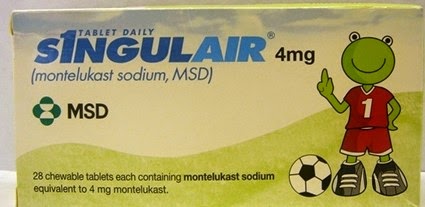The defendant (Orifarm) had imported a pharmaceutical product, MSD’s Singulair, from Poland during the term of the paediatric extension of the SPC. The plaintiff brought interlocutory injunction proceedings, claiming that such imports could be prohibited relying upon the "Specific Mechanism".The judgement (in Danish) can be found here.
As its primary line of defence, the defendant held that the paediatric extension did not prolong the protection conferred by the "Specific Mechanism". As its second line of defence, the defendant held that, even if such protection could be conferred by a paediatric extension, such extension would only be applicable to those of the plaintiff's products which -- by their strength -- were indicated for children.
The Bailiff's Court (the court of first instance) held that the patent, the SPC and the paediatric extension thereof were to be considered as a single coherent right that covers all products and not just the ones authorized for the treatment of children. Accordingly, the Bailiff's Court found for the plaintiff.
The Maritime and Commercial Court agreed with the Bailiff's Court, stating that the expression "such protection" under the Specific Mechanism as stated in the Treaty of Accession is to be interpreted as the patent protection being one continuous string of protection. The Maritime and Commercial Court added that the paediatric extension is not dependent on a product being indicated for the treatment of children, but only on whether or not the drug is tested for children.
The protection would not therefore terminate until the paediatric extension had expired.
Thanks, Martin, for this really helpful summary.



No comments:
Post a Comment